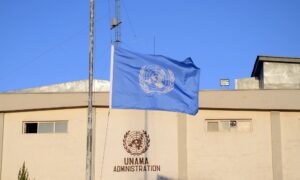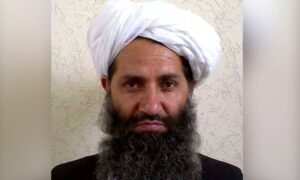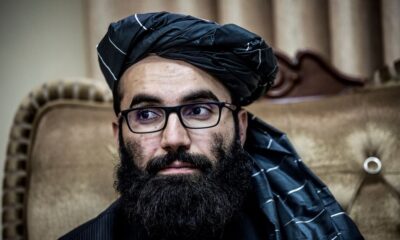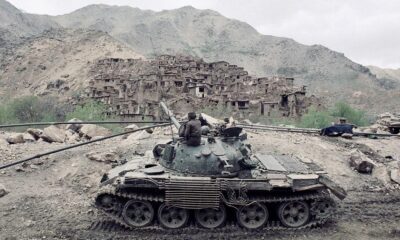Latest News
IEA says virtue and vice law ‘firmly rooted’ in Islamic teachings
Mujahid encouraged Muslims to familiarize themselves with the laws and to consult scholars to better understand them
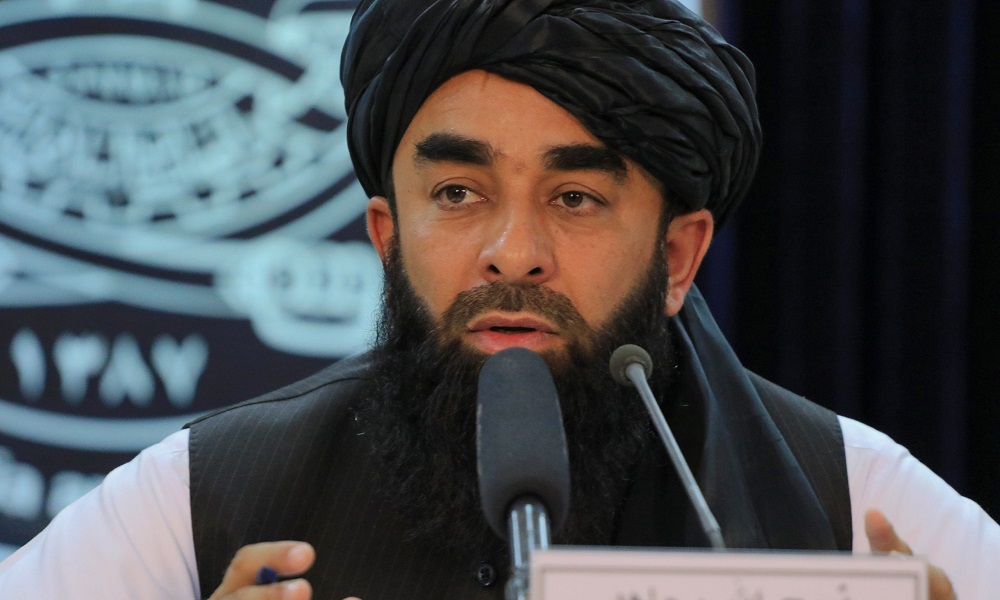
The Islamic Emirate of Afghanistan’s (IEA) spokesman Zabihullah Mujahid said on Monday that the newly ratified virtue and vice law is “firmly rooted” in Islamic teachings and the IEA will not be swayed by concerns in this regard.
Mujahid called on critics, particularly non-Muslims, to have a thorough understanding of Islamic laws and respect Islamic values.
“To reject these laws without such understanding is, in our view, an expression of arrogance,” he said.
Mujahid also encouraged Muslims to familiarize themselves with the laws and to consult scholars to better understand them.
“For a Muslim to reject or criticize these laws is to demonstrate a lack of understanding of their religion, and such actions may even lead to the decline of their faith,” he said.
“As Afghanistan is an Islamic nation, Islamic laws are inherently applicable within its society. It is the responsibility of every Muslim and Islamic government to promote good and forbid evil, as prescribed by the Holy Qur'an,” he added.
Mujahid stressed that the concerns raised by various parties, including UNAMA, will not sway the Islamic Emirate from its commitment to upholding and enforcing Islamic Sharia law.
This comes after the United Nations Assistance Mission in Afghanistan (UNAMA) said on Sunday it is concerned by the new morality law and said it would have wide-ranging and far-reaching restrictions on personal conduct and one that provides morality police with broad powers of enforcement.
Last week the Islamic Emirate announced the ratification of a “Law on the Promotion of Virtue and the Prevention of Vice”, with 35 articles detailing significant restrictions on the Afghan population.
“For a Muslim to reject or criticize these laws is to demonstrate a lack of understanding of their religion, and such actions may even lead to the decline of their faith,” Mujahid said
“It is a distressing vision for Afghanistan’s future, where moral inspectors have discretionary powers to threaten and detain anyone based on broad and sometimes vague lists of infractions,” said Roza Otunbayeva, the Special Representative of the Secretary-General and head of UNAMA.
“It extends the already intolerable restrictions on the rights of Afghan women and girls, with even the sound of a female voice outside the home apparently deemed a moral violation,” she said.
UNAMA stated it is studying the newly ratified law and its implications for the Afghan people, as well as its potential impact on United Nations and other vital humanitarian assistance for the country.
UNAMA is also seeking clarification from the Islamic Emirate on a number of articles and on plans for enforcement.
Last Wednesday, the ministry of justice announced that Mawlawi Hibatullah Akhundzada, the supreme leader of the Islamic Emirate, had approved the law.
Barakatullah Rasouli, a spokesman for the Ministry of Justice, said the law regulates the affairs of the Ministry of Propagation of Virtue and Prevention of Vice and duties and powers of Muhtasibs (inspectors/morality police).
RELATED STORIES:
UN in Afghanistan ‘concerned’ about new morality law
IEA supreme leader approves law on propagation of virtue and prevention of vice
Latest News
PM’s political deputy says IEA won’t hesitate to defend Afghans
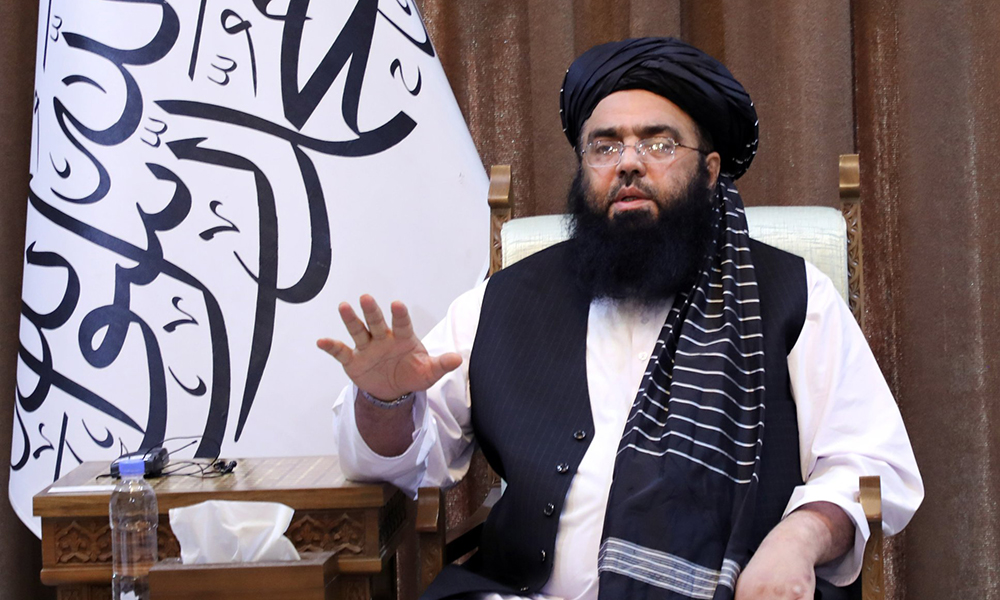
Mawlawi Abdul Kabir, the Deputy Prime Minister for Political Affairs, stated that the Islamic Emirate of Afghanistan (IEA) will not hesitate to defend the Afghan people and will reject any party's directives.
Speaking at a program at Kabul University, Kabir emphasized that the IEA does not allow any armed groups to operate on Afghanistan's soil. He also remarked that false accusations against Afghanistan serve no constructive purpose and only worsen relations, leading to increased violence.
Kabir welcomed the reopening of the Saudi Arabian embassy in Kabul, calling it a positive step in bilateral relations.
Additionally, he highlighted the IEA's efforts to enhance the education system, ensuring that students receive both modern education and religious training.
Kabir affirmed that Afghanistan's educational system is grounded in Islamic and Afghan values, free from the influence of any political factions.
Latest News
Afghanistan’s invaders have failed to learn from the past: Anas Haqqani
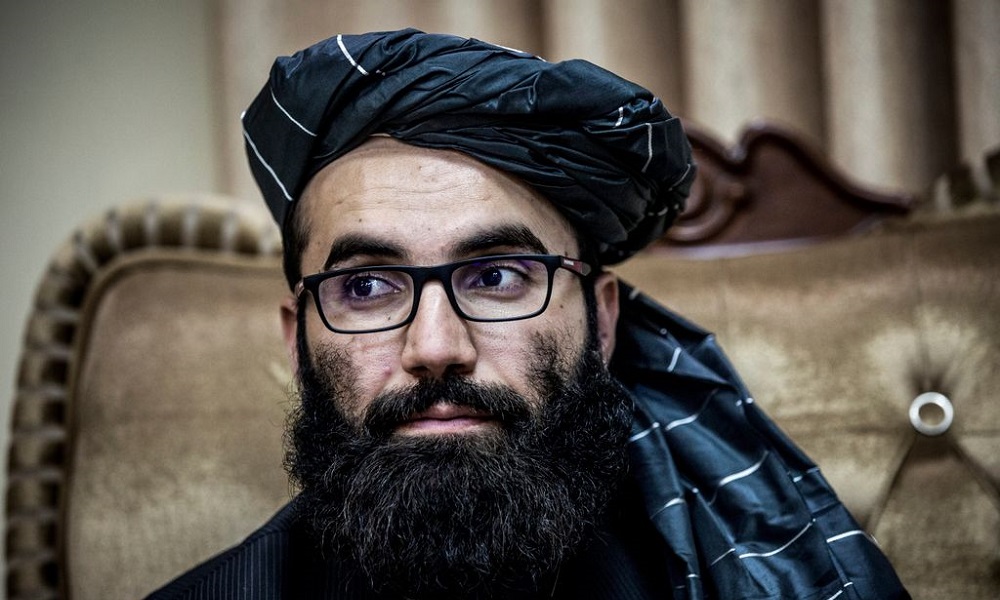
Marking the 45th anniversary of the Soviet invasion of Afghanistan, Anas Haqqani, a prominent member of the Islamic Emirate, stated that the Afghans had previously defeated "arrogant empires."
In a post on his X account on Thursday, Haqqani remarked that despite the historical defeats suffered by past invaders, none had learned from their predecessors' fate, which ultimately led to the downfall of subsequent aggressors.
He pointed out that some people still fail to grasp the clear lessons of Afghanistan's history.
Haqqani underscored that while the Afghan people celebrated the end of Soviet occupation by achieving their freedom, it came at a tremendous cost.
He concluded by honoring the sacrifices of those who paved the way for this victory, asserting that their legacy will remain etched in the collective memory of humanity for generations to come.
Latest News
Pakistan confirms airstrikes in Afghanistan
Stating that protecting its citizens was Pakistan’s top priority, Baloch reiterated that there were “threats posed by terrorist elements to Pakistan and its citizens”.
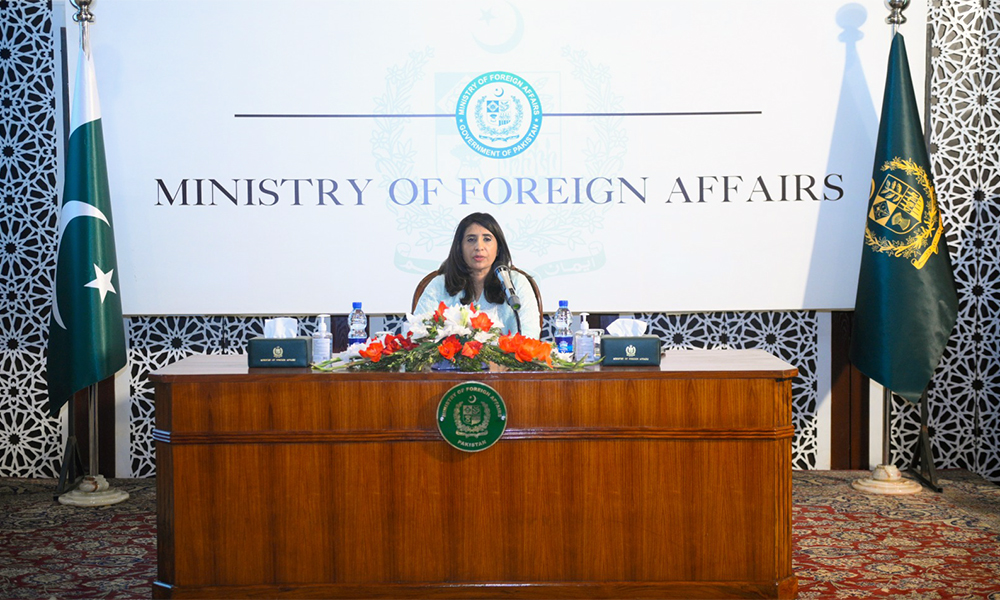
Pakistan’s foreign ministry on Thursday confirmed that the country carried out airstrikes in Afghanistan on Tuesday night.
“Pakistan is united for its people. Pakistan conducted an operation in Afghanistan’s border areas,” Foreign Ministry spokesperson Mumtaz Zahra Baloch said, Dawn newspaper reported.
“The intelligence-based operation was conducted by Pakistan in Afghanistan’s border areas,” Baloch specified, adding that it was carried out “based on threats to the security of Pakistani citizens”.
However, the official stressed that Pakistan had “always prioritised dialogue in matters relating to ties with Afghanistan”.
“We respect Afghanistan’s integrity and sovereignty,” she asserted.
Baloch noted that Pakistan’s security forces and law enforcement agencies routinely conduct operations “against terrorist groups in the border areas”. “Preparations for these operations are made in an extremely careful manner,” she highlighted.
Stating that protecting its citizens was Pakistan’s top priority, Baloch reiterated that there were “threats posed by terrorist elements to Pakistan and its citizens”.
“Pakistan is committed to the security of its public,” Baloch said.
IEA summons Pakistan’s charge d’Affaires over deadly airstrikes
The Ministry of Foreign Affairs of the Islamic Emirate of Afghanistan (IEA) on Wednesday summoned the Charge d'Affaires of the Pakistani Embassy in Kabul, the ministry said in a statement.
The ministry handed over a "firm protest note" to the Pakistani diplomat, condemning the recent airstrikes by Pakistani forces in the Barmal district of Paktika province.
The note stressed that the protection of Afghanistan's territorial integrity is a "red line" for the Islamic Emirate and warned that such reckless actions would have serious and far-reaching consequences.
The Pakistani airstrikes, which took place late Tuesday night, resulted in 46 deaths and left six others injured in Barmal district.
-

 Sport5 days ago
Sport5 days agoAfghanistan clinches ODI series victory against Zimbabwe
-

 Business4 days ago
Business4 days agoShoemaking industry in Takhar province facing stagnation
-

 Latest News4 days ago
Latest News4 days agoA new polio vaccination campaign is set to launch in Afghanistan
-

 Latest News4 days ago
Latest News4 days agoEight Afghan migrants die as boat capsizes off Greek island
-
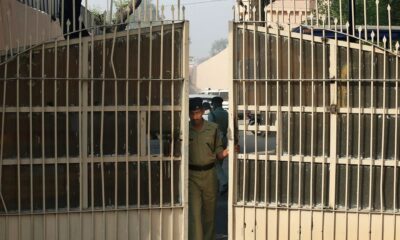
 Latest News2 days ago
Latest News2 days agoOver 50 Afghan inmates freed from Pakistani prisons
-

 Latest News5 days ago
Latest News5 days agoG7 envoys urge national dialogue for lasting stability in Afghanistan
-

 Science & Technology4 days ago
Science & Technology4 days agoAlbania bans TikTok for a year after killing of teenager
-

 World4 days ago
World4 days agoMore than 30 dead in Brazil bus and truck collision

